<< Previous | Displaying results 171-180 of 188 for "Genocide" | Next >>
The leaders of Nazi Germany, a modern, educated society, aimed to destroy millions of men, women, and children because of their Jewish identity. Understanding this process may help us to better understand the condit...
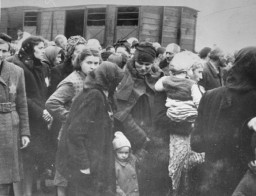
Learn about some aspects that are similar and some that are different in the history of racial antisemitism in Germany and racism in the United States.
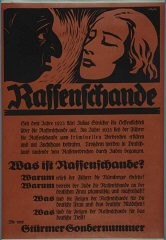
Judge Thomas Buergenthal was one of the youngest survivors of the Auschwitz and Sachsenhausen concentration camps. He immigrated to the United States at the age of 17. Judge Buergenthal devoted his life to international and human rights law. He served as chairman of the United States Holocaust Memorial Museum’s Committee on Conscience; was named the Lobingier Professor of Comparative Law and Jurisprudence at the George Washington University Law School; and served for a decade as the American judge at…
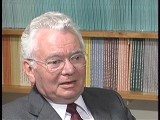
The Order Police (Ordnungspolizei, Orpo) were Nazi Germany’s uniformed police forces. They became perpetrators of horrific crimes and played a significant role in the Holocaust.
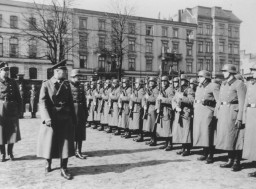
Nazi Germany established the killing centers of Belzec, Sobibor, and Treblinka as part of “Operation Reinhard,” the plan to murder all Jews in the General Government.
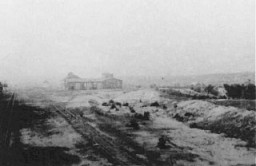
Learn about some of the origins of Holocaust denial, including the euphemistic language the Nazis used to describe their policies and actions.

The Nazi Euthanasia Program, codenamed Aktion "T4," was the systematic murder of institutionalized people with disabilities. Read about Nazi “euthanasia.”
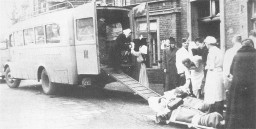
György Beifeld, a Jewish conscript in the Hungarian army, created a visual memoir of his experiences on the eastern front in 1942–1943 as a member of a forced-labor battalion .
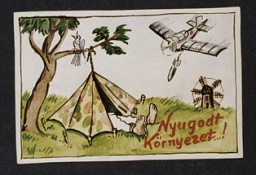
Explore a timeline of key events in the history of World War I and its aftermath. Learn about the conflict and its divisive peace.

World War II was the largest and most destructive conflict in history. Learn about key WWII dates in this timeline of events, including when WW2 started and ended.
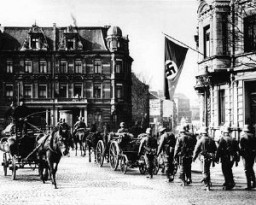
We would like to thank Crown Family Philanthropies, Abe and Ida Cooper Foundation, the Claims Conference, EVZ, and BMF for supporting the ongoing work to create content and resources for the Holocaust Encyclopedia. View the list of donor acknowledgement.